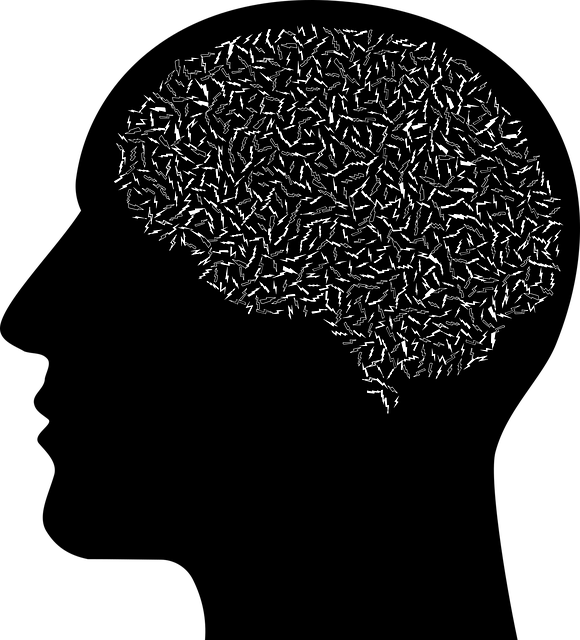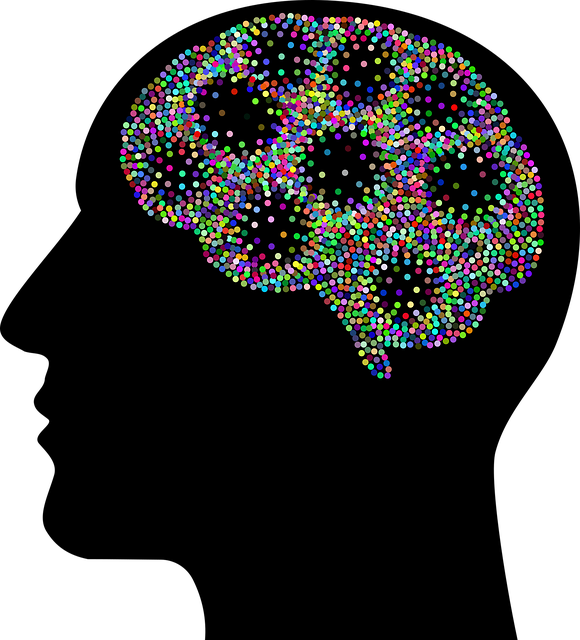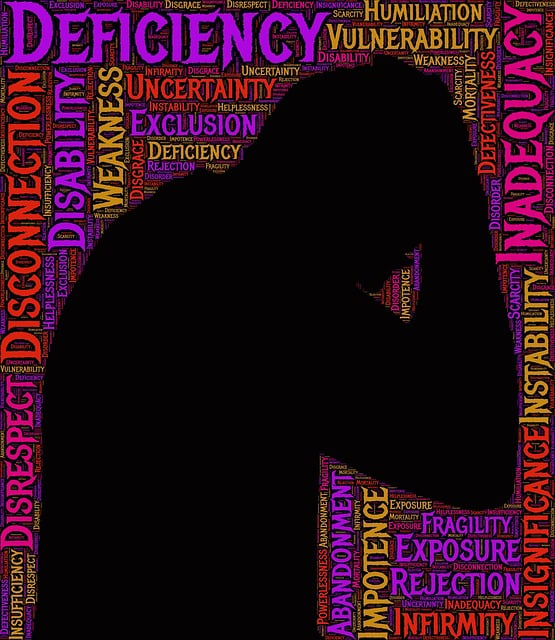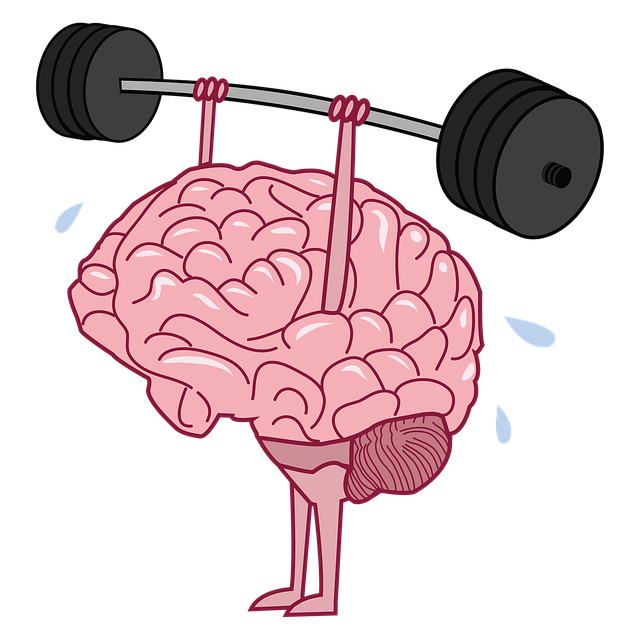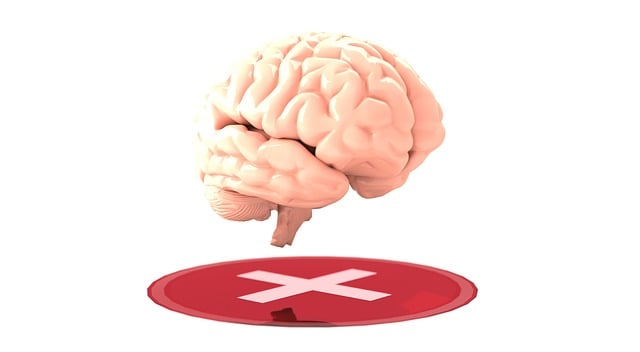Functional Neurological Disorder (FND) in young children requires a holistic approach to therapy focusing on early intervention. This includes risk assessment, compassion cultivation, and integrating medical interventions with developmental support. Techniques like Emotional Intelligence promotion and play-based interventions, coupled with evidence-based practices such as Cognitive Behavioral Therapy (CBT), aim to minimize harm and enhance physical & emotional well-being. Regular monitoring and public awareness campaigns contribute to the child's progress, ultimately improving self-esteem and preventing severe mental health issues in young FND sufferers.
Risk assessment and harm minimization planning are vital components of early intervention for young children with Functional Neurological Disorder (FND). This comprehensive guide explores the critical role of risk assessment in identifying potential hazards and guiding safe therapy practices. We delve into creating tailored harm minimization plans, integrating strategies to ensure a secure environment for children with FND. By understanding these approaches, professionals can enhance their ability to deliver effective therapy, fostering positive outcomes for young minds.
- Understanding Functional Neurological Disorder in Young Children
- The Role of Risk Assessment in Early Intervention
- Creating a Comprehensive Harm Minimization Plan
- Implementing Strategies for Safe and Effective Therapy
Understanding Functional Neurological Disorder in Young Children

Functional Neurological Disorder (FND) is a complex condition that affects young children, impacting their ability to regulate emotions and behaviors. This disorder often presents as a combination of physical and emotional symptoms, including seizures, motor disorders, sensory issues, and anxiety. Early identification and intervention are crucial for managing FND effectively in children. Therapy plays a pivotal role in helping these young minds and their families navigate this challenging condition.
A holistic approach to treating FND involves not just medical interventions but also supporting the child’s overall development. Encouraging the establishment of a consistent self-care routine can be beneficial for better mental health. Practices like compassion cultivation can foster resilience and empathy, empowering children to cope with symptoms and understand their experiences. By integrating therapy into daily life, parents and caregivers can create a supportive environment, enhancing the child’s ability to manage and minimize potential harms associated with FND.
The Role of Risk Assessment in Early Intervention

Risk assessment plays a pivotal role in early intervention strategies for young children with Functional Neurological Disorders (FND). By meticulously evaluating potential hazards and their impact, therapists can design tailored plans to minimize harm and promote healthy development. This proactive approach is essential in therapy for young children with FND, as it enables professionals to address not only the physical symptoms but also the emotional well-being of these kids.
One effective technique within this framework is employing Emotional Intelligence (EI) and Emotional Well-being Promotion Techniques. By enhancing a child’s EI, therapists can help them understand and manage their emotions, fostering self-esteem improvement and resilience. This holistic approach ensures that children with FND receive comprehensive support, not just for their neurological conditions but also for the emotional challenges that often accompany them.
Creating a Comprehensive Harm Minimization Plan

Creating a comprehensive harm minimization plan is an essential step in ensuring the well-being and safety of young children with Functional Neurological Disorder (FND) during therapy sessions. This involves a systematic approach to identify potential risks, implement protective measures, and develop strategies for effective intervention. By integrating burnout prevention strategies for healthcare providers into the planning process, therapists can maintain optimal mental health awareness while facilitating therapy.
The plan should encompass risk assessment for mental health professionals, considering the unique challenges posed by FND. This includes evaluating the child’s cognitive and emotional state, the therapist’s capacity to manage stress, and the overall therapeutic environment. Through this holistic approach, therapists can mitigate risks, promote positive outcomes, and foster a supportive atmosphere that encourages both healing and growth.
Implementing Strategies for Safe and Effective Therapy

Implementing effective strategies for therapy is essential when working with young children diagnosed with Functional Neurological Disorders (FND). These strategies should be tailored to meet each child’s unique needs, ensuring a safe and nurturing environment that fosters growth and development. One key approach is incorporating play-based interventions, as play is a natural way for children to explore, learn, and express themselves, facilitating both physical and cognitive rehabilitation.
Additionally, therapists can utilize evidence-based practices such as cognitive behavioral therapy (CBT) to help children manage symptoms of anxiety and depression associated with FND. By combining these therapeutic techniques with regular monitoring and ongoing assessment, professionals can effectively support the child’s progress. Public awareness campaigns focused on early intervention and understanding FND play a crucial role in promoting self-esteem improvement and preventing more severe mental health issues like depression among this vulnerable population.
Risk assessment and harm minimization planning are essential components of early intervention for young children with Functional Neurological Disorder (FND). By understanding the disorder and employing effective strategies, therapists can create comprehensive plans that ensure safe and effective therapy. This involves a thorough evaluation of potential risks and the implementation of tailored interventions to minimize harm. With careful navigation through these processes, therapists can foster positive outcomes and enhance the overall well-being of young clients with FND, ultimately revolutionizing their therapeutic journey.


